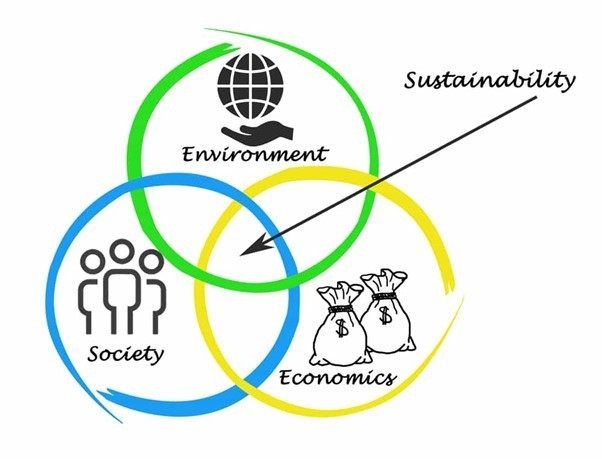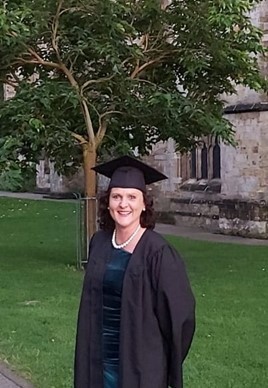Belinda Martin - Administrator for the International Baccalaureate and the Reach Academy
What drives you to champion sustainability?
I was born on World Environment day and throughout my life I have aspired to live my truth and be the change that I want to see in my world. If we are to survive and life in harmony with all living forms on earth, we need to prioritise changing our ways to show due respect to the Earth.
What does an average day look like?
I work in a very busy English Languages and Humanities faculty, as a priority I turn up to my day with people care, fair shares and global awareness at the forefront of my conscience. Every action or activity impacts on the next, so I strive to look for opportunities to enable as many people as possible to know about opportunities and options to engage with sustainability. I have represented this topic in a voluntary capacity and the seeds sown, have now begun to grow. Exeter College have recently been awarded the FE winner during the SOS Global Teach in event, and I will now use this victory to gain momentum to achieve greater integration of the SDG’s within my educational setting and beyond.
What do you think are the most important things everyone in the UK can do to help contribute towards a more sustainable society?
Self-respect, consumption, and waste imperatives and most importantly population growth restrictions. The planet cannot sustain population growth as projected figures are already outstripping food/resource availability, therefore any other initiatives are only dealing with surface effects but not addressing the issue at source.
What are your sustainability pet peeves?
The classic system relating to sourcing organic or ethical goods, many people use this as a badge but have no heartfelt interest in actually being activists for the cause, they are able to retain their position only due to the monetary advantage they hold over the majority of the people of this Earth.
What role do you think Universities and Colleges have in contributing towards sustainability?
These establishments are in a prime position to influence future leaders, therefore if we do not act when we are placed in a position of responsibility, we are failing ourselves and those who will inherit this earth.
What is one thing you wish you knew about sustainability when you were younger?
That I had the opportunity to have my voice heard and a means to connect to others who share my passion.
Tell us something unusual about sustainability at your institution or organisation that other people might not know.
Exeter College was awarded the FE winner during the recent SOS Global Teach in event as one of only a few FE colleges to participate alongside leading universities.
What opportunities and challenges have you experienced in your role in sustainability?
There are always more opportunities than there are hours in the day, the greatest limitation for me is therefore gaining the time and interest of my senior leaders to give permission for events and opportunities to be promoted to enable students to gain access to these.
What do you hope sustainability in the UK looks like in 10 years’ time?
I would like to believe that sustainability will not be perceived as an optional extra to anyone’s thoughts or priorities but form the basis of all reasoning and decisions.
What do you think are the benefits of being part of the EAUC community?
The greatest personal benefit to me in being part of the EAUC community would be the support and collaboration which empowers me to stand strong in the face of adversity and rejection.













